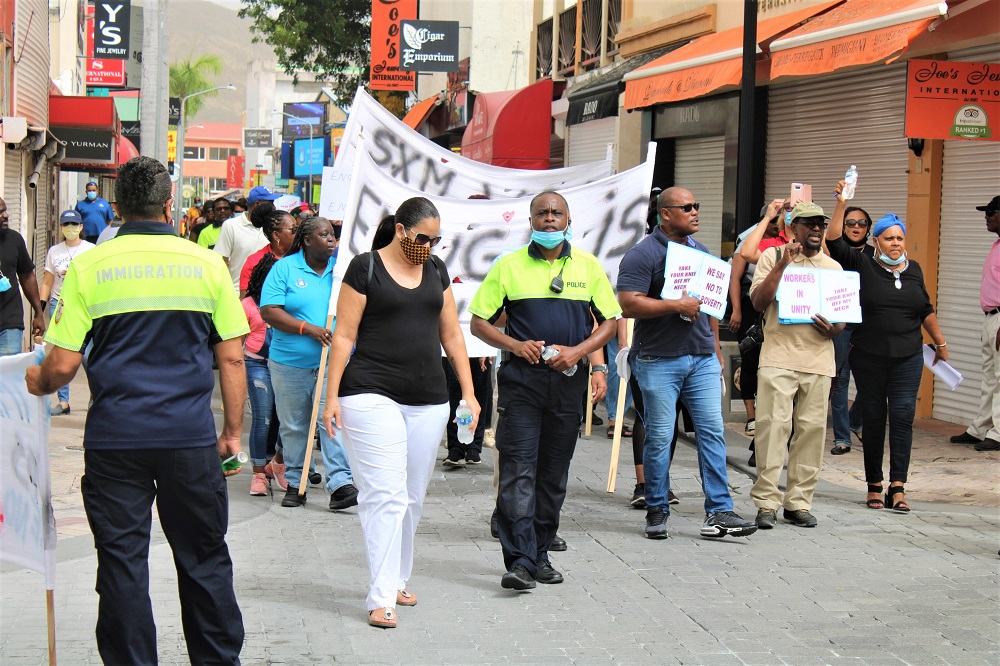Nice move

PHILIPSBURG/WILLEMSTAD -- Finally it has become clear what the Dutch State Secretary Knops means with his “lowering of 12.5 percent on the total package of labor conditions of all employees in the civil service and the (semi) public sector,” the Antilliaans Dagblad writes in an analysis. He calls this a generic condition that he imposed on May 13 on the governments of the Caribbean countries of the kingdom for receiving the sorely needed liquidity support.
LOGIN TO READ MORE... THIS IS A PREMIUM ARTICLE. YOU NEED AT LEAST YEARLY SUBSCRIPTION TO ACCESS THIS ARTICLE.
...
Some articles or portions of articles are restricted exclusively for our registered members and paying subscribers. Please login here to read the rest of this article. If you do not already have a paid subscription, you will need to register here and pay for a subscription first in order to gain access to our website to read articles or contents that are restricted to paid subscribers. You need to buy at least a Day subscription for 75ct to gain access. Or log in first if you are already a registered paying subscriber to this website. Click here to register and support our work with a paid subscription.


























